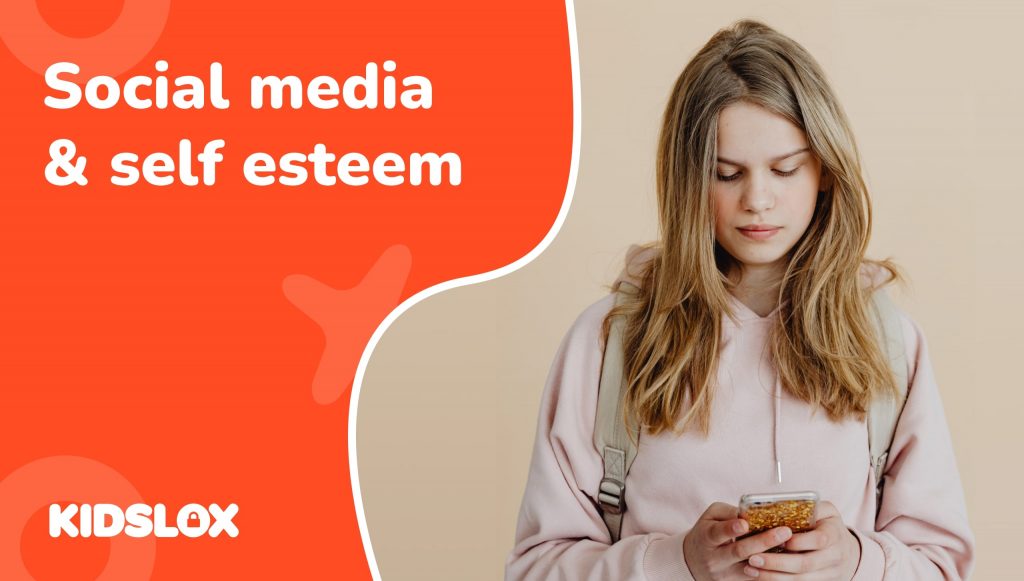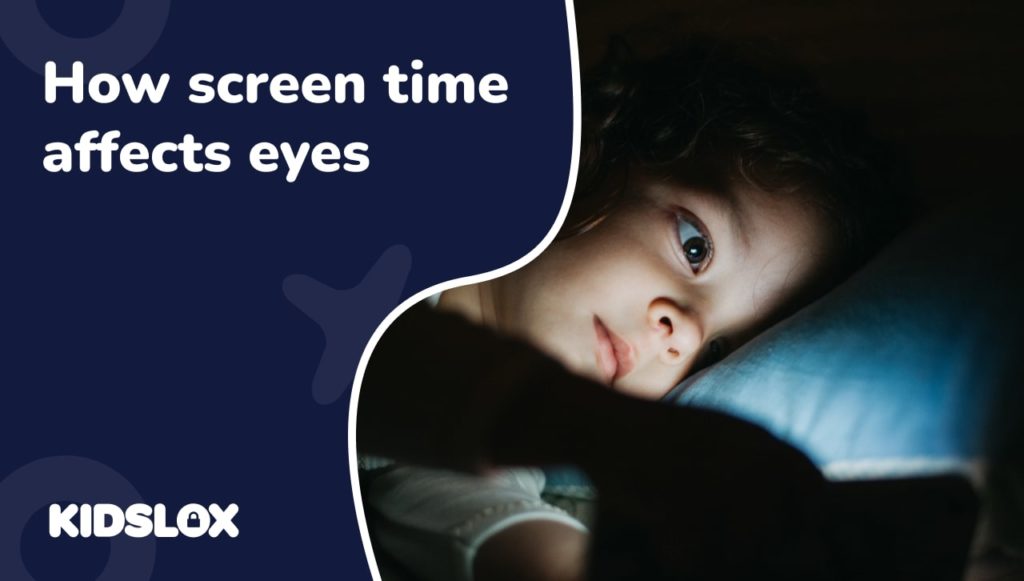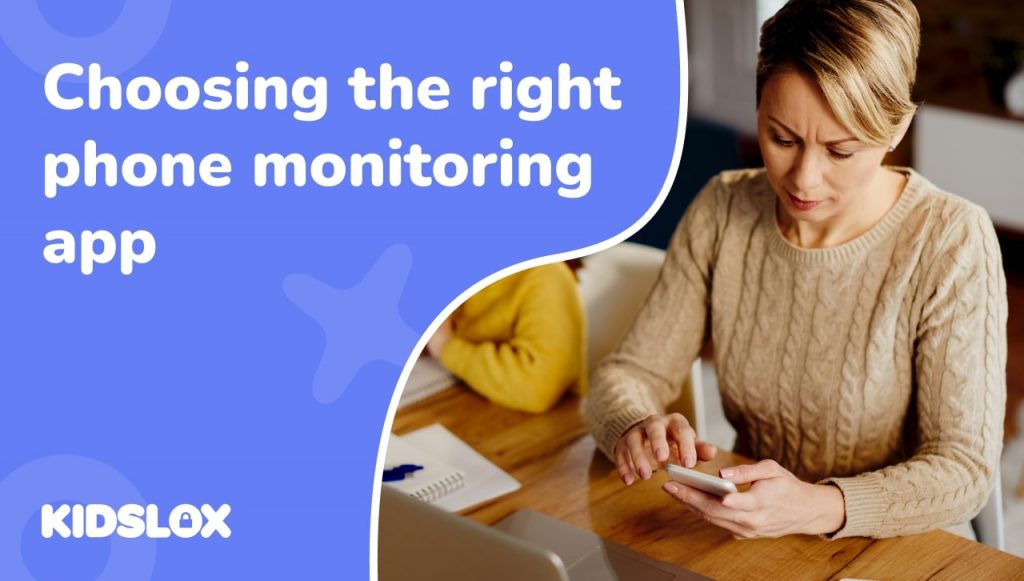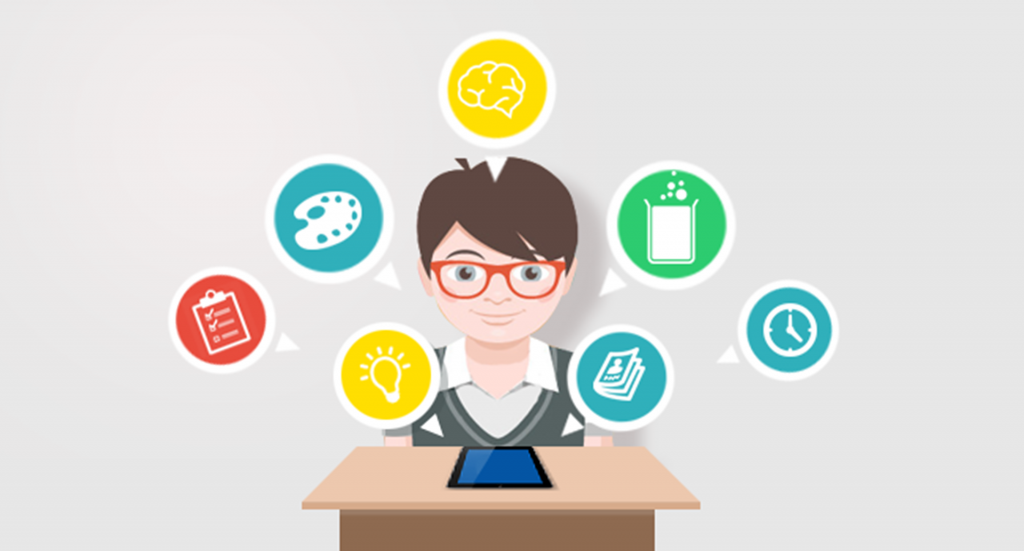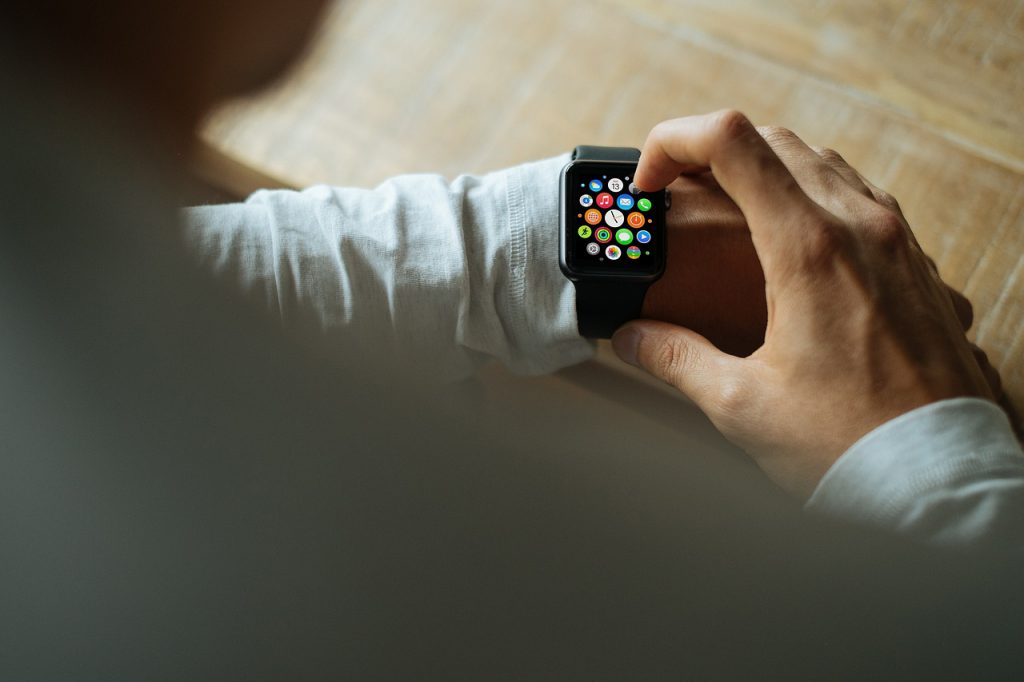Last week, in a Senate office building in Washington D.C., a group of bereaved parents sat around a table and implored congress to do more to protect children from the harmful effects of cyberbullying and toxic content online. They had all lost a child in a harmful incident linked to social media.
Following that meeting, and in an extraordinary statement, the UK Children’s Commissioner, Rachel de Souza, advised parents against buying their children a smartphone. Instead, de Souza recommended an ‘old fashioned’ phone with no internet access and called for a ‘once in a generation moment’ to keep children safe in the online world.
On both sides of the Atlantic, lawmakers are being pressured to do more to enact legislation that will put more onus on social media companies to protect children online.
How did we get here? Since the advent of the smartphone, rates of depression and anxiety have risen sharply – 70% in the past 25 years. Researchers believe that the constant access to filtered content, the pressure to be present online, and increased cyberbullying, are all detrimental to young people’s mental health and are seriously damaging their self esteem.
What links can be made between social media and self image?
Self esteem isn’t just about how we see ourselves, but how much value we give to our time, our life and our wellbeing. Low self esteem can impact all areas of a person’s life, from missing opportunities to putting themselves in dangerous and vulnerable situations.
According to the British mental health charity, Mind, low self-esteem can impact all aspects of your life, affecting:
- How you value and see yourself
- The time you take to care for own mind and body
- Your ability to recognise the things you’re good at
- How you make decisions, and how confident enough you are to assert your wants, needs and opinions
- Your belief that you deserve to be happy
Is there a connection between low self esteem and social media?
Many experts in child development and psychology believe there is a link between low self esteem and social media use. And the statistics on low self esteem and social media use are damning.
The Royal Society of Public Health (RSPH) carried out a survey of 1,500 14-24 year olds from across the UK to find out their thoughts and opinions on special media and self image. These are some of the findings::
- Instagram came out top as the worst platform for self esteem
- 70% of the respondents were in favor of a pop-up that would warn users they’d been on an app for too long
- 7 out of 10 young people reported experiencing cyberbullying through social media
- And, shockingly, over a third (37%) reported that this was on a regular basis
- Of those who were bullied, 91% said no action had been taken by the social media network to prevent it, or punish the bullies
- Young people who use social media for more than two hours are more likely to report poor mental health and psychological distress
- 20% of respondents claimed to wake up in the night to check social media, leaving them much more likely to be tired the next day than their peers
How does social media affect self esteem and self image?
From comparing yourself to others, cyberbullying, and the anxiety surrounding ‘likes’ and approval online, social media can be a challenging environment in which to maintain healthy self esteem.
Online comparison culture and self esteem
It’s often said that comparison is the thief of joy, And when we talk about social media and self esteem, the culture of comparing each other and the lives we portray online comes up a lot. Many people report this to be the most obvious on Instagram, where picture perfect lives are shared, filters are commonplace, and celebrities alter their image using photoshop. Even if we know someone is using a filter, or tell ourselves that no one is perfect, seeing image after image of perfectly curated lifestyles can alter our perception of ‘normal’. This is especially true for emotionally vulnerable teens. If we as adults find it challenging, then it’s almost impossible for a younger person to keep a healthy sense of perspective.
Psychological research shows us that there is a critical point for comparison. If we see someone vastly ‘superior’ to us, they become out of reach and we are not motivated to self improve ourselves and this can have a dramatic effect on our self esteem. Being bombarded by images of filtered reality can only exacerbate the negative impact that social media can have on self-image. If a person follows a lot of celebrities and influencers – whose lives are funded through marketing and advertising partnerships, this can alter a person’s ideas of what is real and achievable.
This effect is not just limited to early teenage ages, researchers are concerned about the impact of social media on college students. The term ‘Duck Syndrome’ refers to someone who seems to have it all together ‘on the surface’, but underneath they are paddling frantically, just to stay afloat.
Such is the trend and social norm to present a perfectly curated picture of social media, it can be hard to identify when a person is truly struggling. Researchers at The Child Mind Institute claim that the gap between a teens’ ‘online’ persona, and who they feel they really are, can cause additional frustrations.
Seeing peers performing well, or looking happy all the time, can also make teenagers feel like they’re failing as they view life through a social media lens.
Cyberbullying, social media and self esteem
When it comes to young people, a combination of vulnerability, need to feel validated and accepted by their peers, and the pressures of school and teenage years, can make social media a toxic place for teenager’s self esteem.
The Cyberbullying Research Center carried out a survey on almost 2,000 students across 30 U.S. middle schools and found that the self-esteem of cyberbullying victims – and offenders- was significantly lower than their non-bullied or bullying peers.
The organization also looked at additional research that showed links between low self esteem and poorer academic achievement, absenteeism, problems with health and criminal behavior.
Cyberbullying is teachers’ number one safety concern for children in the classroom, and according to campaigning group, Enough is Enough, 60% of U.S. teens have been harassed online.
Girls are most likely to be victims of cyberbullying, and this plays into the common consensus that the way girls bully one another is insidious and passive aggressive. On social media, this looks like ‘not liking’ someone’s content, spreading rumors, and subtly mocking people. At its most extreme, social media bullying can have devastating consequences, leading victims to self harm and other destructive behaviors, including suicidal ideation.
Social media, self esteem and body image
Studies show that too much time spent on social media viewing idealized thin bodies can result in disordered eating. It;s widely accepted that fashion magazines had a large part in the rise of eating disorders, body dysmorphia and poor self esteem. We understand that these magazines feature models, and that their images are altered, but on social media, it’s harder to separate fact from fiction and can lead to young people believing that they aren’t thin or attractive enough, which puts a huge strain on their self esteem.
Social media, self esteem and dangerous content
One of the major concerns parents have about social media is exposure to inappropriate content. From pornography, abusive language to images of self harm and dark material, it’s impossible to fully protect children from viewing such content on social media. It is estimated that 50% of children view pornographic material for the first time before the age of 13 and can seriously impact teenagers’ expectations of sexual relationships, how they should behave and what their body should look like.
Can social media have a positive effect on self esteem?
Over two-thirds of young people researched for the RSPH study claimed that they had received support from social media during tough times. And the opportunity to share common interests, easily reach out to like minded friends, and offer words of encouragement are part of the ‘good’ side of social media.
Social media also affords us the opportunity to be creative, and have our work and achievements celebrated by others, which ultimately helps boost our self image and self esteem.
If you live away from friends or family, keeping a connection and sharing updates is also a really great benefit to having an active social media presence. Keeping in touch with a loving and supportive network is also fundamental to protecting and improving self esteem.
While so much social content is created to look picture perfect, there are signs that the tide is turning away from overly polished profiles to something more raw and real. A movement towards authenticity on TikTok is fueling changes in posting behavior across multiple platforms and earlier this year, we saw the rise of a new platform, BeReal.
BeReal is marketed as the antidote to overly polished social feeds and curated lifestyles and gives users a once-a-day opportunity to post. You get a two minute window to take a picture and post, which means you don’t get a chance to think about what it is that you’re going to do, and it’s much more in the moment. Unless you post, you can’t see others’ posts, and the feed is finite -stopping the endless scrolling and time sinkage that comes with other social media apps.
How can I help protect my child’s self esteem from the effects of social media?
Self esteem starts developing from childhood. From the first encouraging smiles you share with your child to being their support system as they go on to accomplish their goals, it all makes an impact on how they view themselves into adulthood. If you want to take proactive steps to help protect your child’s self esteem from the effects of social, here are some ways to do it:
Help your child to learn new things.
From mastering tying our shoelaces to reading a book cover to cover for the first time, helping your child to achieve life’s little milestones are the building blocks to developing healthy self esteem.
This goes for the online world too. It’s easy to feel distant from what young people are doing online, but taking a proactive role in their digital education is key to helping them develop a healthier relationship with social media.
Lead by example
Don’t spend too much time online yourself, especially not in front of your children. Don’t compare yourself, or what you have to other people. Share the realities of the world and let children know that life has its ups and downs. No one is happy all the time – life is about balance. It’s ok to be sad sometimes, and there’s always someone to talk to.
Give them praise, but make it count
Praise is so important for children’s development. Giving your child praise for their hard-earned achievements won’t give them a ‘big head’, make them lazy or crave gratification. The key is to give praise when it’s well deserved. Hollow congratulations for every day achievements, or near misses isn’t healthy. Instead, motivate your child using praise and reward when they truly break new ground, achieve something or put into practice a skill that they’ve been working on.
That being said, it’s important to praise a child who is trying hard. They might not be where they need or want to be, but if they’re showing consistent effort, and dedication to a project or goal, it’s important that their motivation is recognised.
Teach digital etiquette
Make sure your child understands what filters are, how they work and that celebrities, influencers and other people use them regularly.
Let me know what’s appropriate when it comes to online abuse and cyberbullying so they feel empowered to call it out and report it before it goes too far.
Limit their screen time and set boundaries. Make sure they understand that spending too much time online isn’t healthy – for their minds or their bodies – and show them the joy of doing things without screens. Mastering a hobby, doing something new and learning skills are all fantastic ways to build a child’s self esteem.
In conclusion, social media can have a real impact on your child’s self esteem if you don’t help them manage their time on it, or teach them resilience and rules to navigate its bad sides. The key to making sure they stay healthy and happy is to have a good balance of on and offline activities, and an understanding that things on social media aren’t always as they seem.
